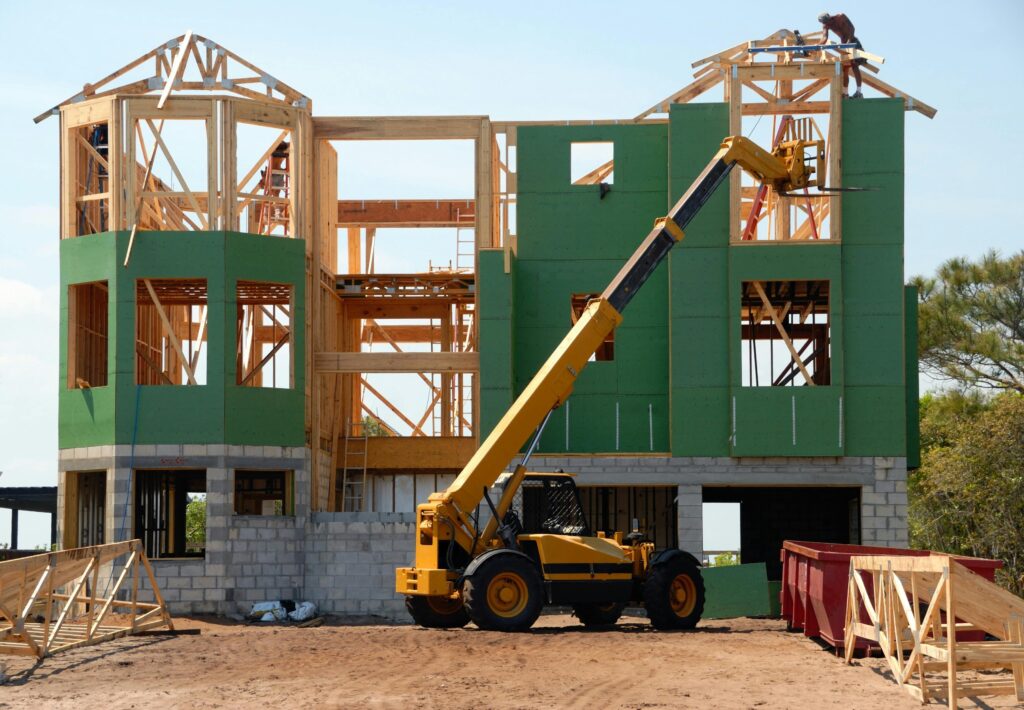Developing, renovating, and constructing structures intended for business use, like office buildings, retail spaces, warehouses, and industrial facilities, are all part of commercial construction. This construction sector requires a deep understanding of design, engineering, zoning regulations, and project management. In Jacksonville, a city experiencing rapid growth, commercial construction is essential in supporting the expanding economy and providing spaces for businesses to thrive. Local expertise is crucial, as its climate, coastal proximity, and specific regulatory landscape present unique challenges. Hiring Jacksonville general contractors guarantees that projects are finished effectively and securely while meeting all local regulations.
The Economic Impact of Commercial Construction
Beyond physical structures, commercial construction significantly impacts the economy. It generates employment opportunities, provides jobs for millions, and stimulates economic activity by fostering a network of suppliers and ancillary services. A closer look at the industry’s economic benefit reveals how commercial projects often catalyze economic development, sparking new business ventures and attracting investments to local areas. Comprehensive reports showcase that substantial construction projects can create a ripple effect, enhancing the demand for local services and materials. According to Construction Dive, these projects are a powerful tool for combating unemployment rates while paving the way for sustainable economic growth. Such growth is crucial as it enhances quality of life, providing infrastructure that supports healthcare, education, and entertainment industries.
Innovations Driving the Industry
Innovations in commercial construction are reshaping the industry landscape. At the forefront is Building Information Modeling (BIM), a revolutionary technology facilitating accurate planning and execution through detailed digital representations. BIM allows for better stakeholder coordination, reducing material waste and heightened efficiency. Alongside BIM, 3D printing is poised to revolutionize the creation of structures by enabling both bespoke and standardized component production on-site. This technology promises to address challenges related to time and cost overruns while providing solutions custom-fit to project specifications, ultimately advancing how commercial spaces are envisioned and constructed.
Sustainable Practices in Construction
As environmental awareness grows, the construction industry is increasingly adopting sustainable practices. Using eco-friendly materials and energy-efficient designs is becoming mainstream, and with this shift comes significant ecological benefits. LEED-certified projects exemplify this commitment, prioritizing sustainability without compromising functionality or aesthetics. The push towards sustainable designs stems from the need to minimize carbon footprints and enhance occupant health and comfort. These trends reflect a crucial transformation in commercial construction’s approach, emphasizing a balance between development needs and ecological stewardship to ensure future generations inherit a healthier planet.
Importance of Safety and Compliance
Safety and compliance are non-negotiable in commercial construction. Regulatory solid frameworks ensure that projects are executed without endangering workers or future occupants. Adherence to building codes guarantees facilities’ structural integrity and safety, reducing potential liabilities and enhancing community trust. Recent updates in safety standards call for implementing cutting-edge safety gear and protocols, safeguarding public and worker well-being. Moreover, regular training and compliance checks foster an environment of continual improvement, ensuring that safety is a priority throughout the construction process.
Future Trends in Commercial Construction
The future of commercial construction holds promising opportunities with new trends that provide more innovative and efficient building methods. Smart buildings equipped with Internet of Things (IoT) devices redefine energy consumption management and provide superior occupant comfort and security. Modular construction presents a quick and cost-effective alternative to traditional methods, offering flexibility and scalability for diverse projects. This shift will likely change building practices, promoting rapid urbanization while ensuring quality and precision.





